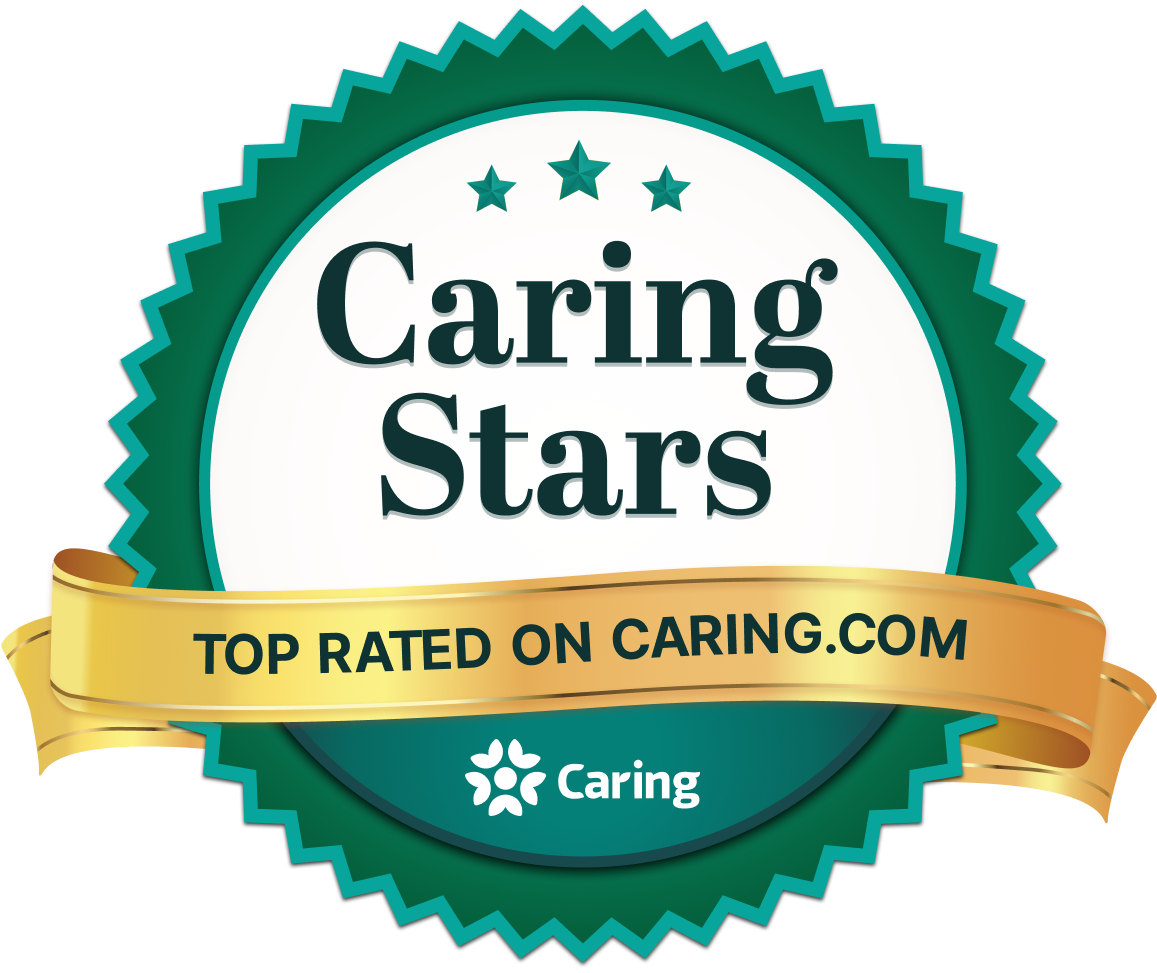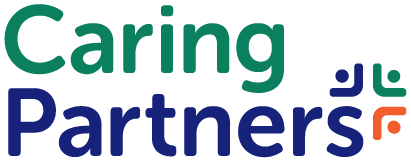B2B Marketing Associate at Caring
Megan Mulrain is a marketing professional in the senior living and senior care industry, currently serving as the lead B2B Marketing Associate at Caring. With a wealth of experience, Megan specializes in crafting compelling content, including impactful blogs and engaging webinars, aimed at fostering meaningful connections with both existing and prospective partners. Her expertise extends beyond the written word, as she is often found leading insightful webinars!
Articles and Webinars
by Expert Contributor

by Expert Contributor
Articles and Webinars
For most senior living communities, utilizing a CRM to manage leads is crucial to ensure that the sales team can nurture those leads and convert them into actual residents. CRM stands for 'Customer Relationship Management' and is a term used to describe a system that manages and stores data and information about customers throughout their lifecycle. This includes the data from the initial lead to when they become a resident!
For our Caring partners with a CRM, did you know that you can further enhance your sales efforts by integrating your CRM with Caring? This integration does not affect the information you see about leads but will help you save time by not having to manually report on move-ins.
Uni-Directional Integration
Uni-directional integration is one integration option. It means that information flows directly from Caring into your CRM without any manual input needed. Your system will automatically receive updates from Caring on lead information — tour scheduling and lead status changes – in real time. The big benefit of this integration is an increase in lead conversion rates. Caring Partners who have uni-directional integration can save time on manual inputs and focus on turning leads into residents.
Bi-Directional Integration
Bi-directional integration adds another layer to the CRM Integration — this allows information to flow both ways between Caring and your CRM. With a bi-directional integration, Caring Family Advisors are automatically notified of milestones like tour completions and can follow up with families to help them decide. This further enhances communication and coordination between teams, increasing efficiency and effectiveness.
Benefits of CRM Integration
When senior living communities link their CRM with Caring, they often see a big jump in their conversion rates, sometimes as much as 30%. Why? Because integrating these systems streamlines things and cuts down on mistakes. Automated processes mean leads get proper attention and nothing falls through the cracks. Case studies have shown that without this integration, communities could miss out on anywhere from 5% to 50% of potential residents referred through Caring.
By harnessing the power of streamlined lead management, our partners are turning more inquiries into residents and driving growth.
If you are interested in learning how you can connect your CRM with Caring, you can contact Madison Burns, Partner Success Operations Manager at mburns@caring.com. If you are interested in learning about how to become a Caring partner and maximize the benefits of CRM integration, you can email sales@caring.com.
Showcase Your Senior Living Community & Boost Sales Today!
Join us as a Caring Partner for access to our insider tools.

